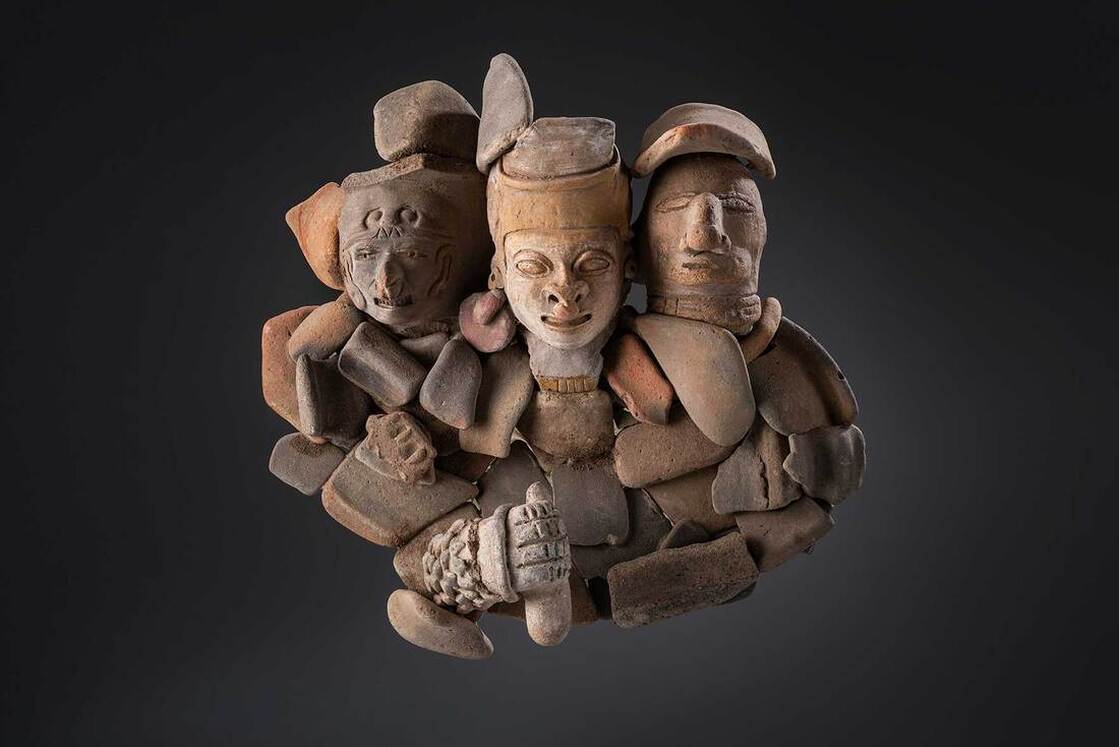A Collector of Indigenous Songs
C. J. Anderson-Wu
He visits our tribal community and elaborately writes down what he hears
during our worship of ancestors. And we sing lmuhuw in memory of their decisions of finding new places for our growing tribe.
‘uwrqes na ‘llaqiy qani, hala sami patupucing
innwahan lyus na ‘lawy mamu, ru hala sami mtatusa, uw atu na agiq ma qu wah.
“Children, go, we follow
traces of walking, knife cuts, you and our sprawling grass.”
ta is “we,” sami is “our”?
He gets completely perplexed with the changing subjects, reversed sentence structures
and metaphors.
atu na agiq, sprawling grass?
It means offspring, sir.
He sighs. He gets different answers for the same question from different people,
and each day he gets different explanations of the same term.
That’s why we don’t write them down, sir.
Our languages are passed down by mouth and ears, not by pen.
C. J. Anderson-Wu
He visits our tribal community and elaborately writes down what he hears
during our worship of ancestors. And we sing lmuhuw in memory of their decisions of finding new places for our growing tribe.
‘uwrqes na ‘llaqiy qani, hala sami patupucing
innwahan lyus na ‘lawy mamu, ru hala sami mtatusa, uw atu na agiq ma qu wah.
“Children, go, we follow
traces of walking, knife cuts, you and our sprawling grass.”
ta is “we,” sami is “our”?
He gets completely perplexed with the changing subjects, reversed sentence structures
and metaphors.
atu na agiq, sprawling grass?
It means offspring, sir.
He sighs. He gets different answers for the same question from different people,
and each day he gets different explanations of the same term.
That’s why we don’t write them down, sir.
Our languages are passed down by mouth and ears, not by pen.
